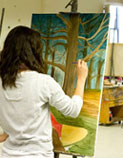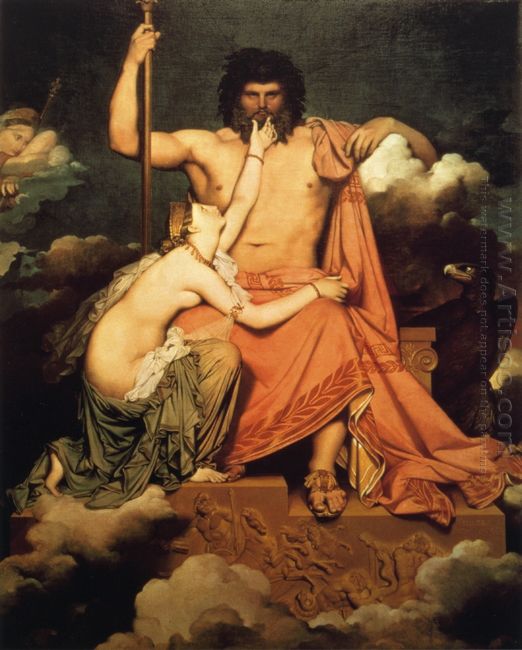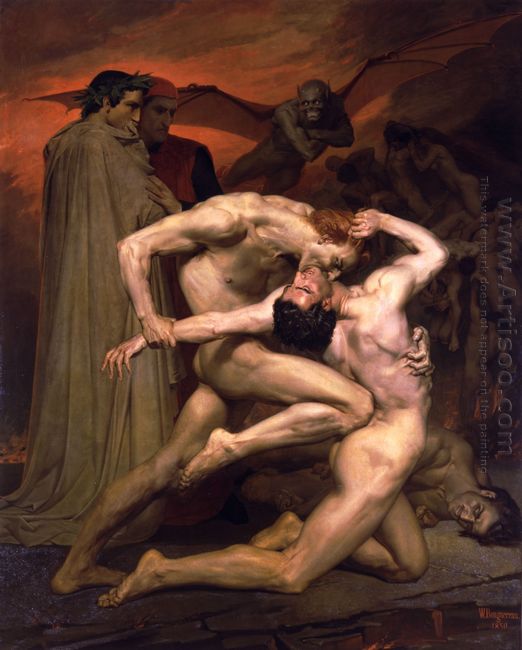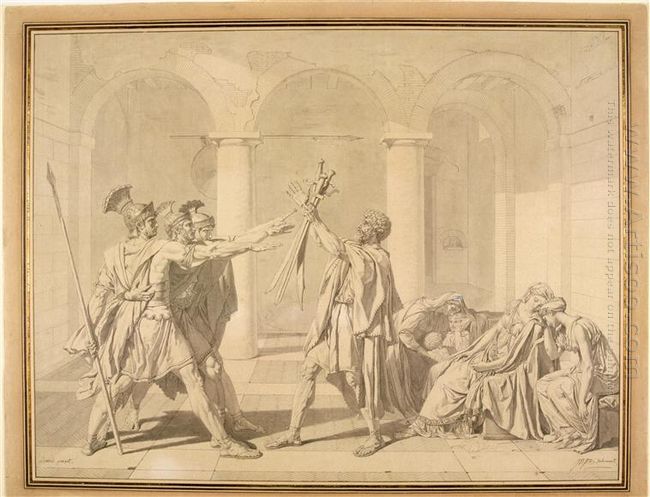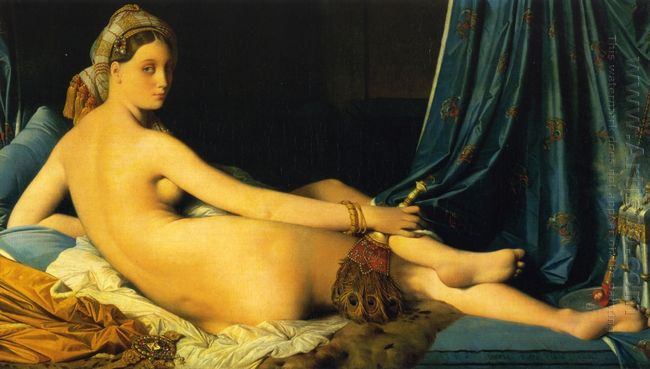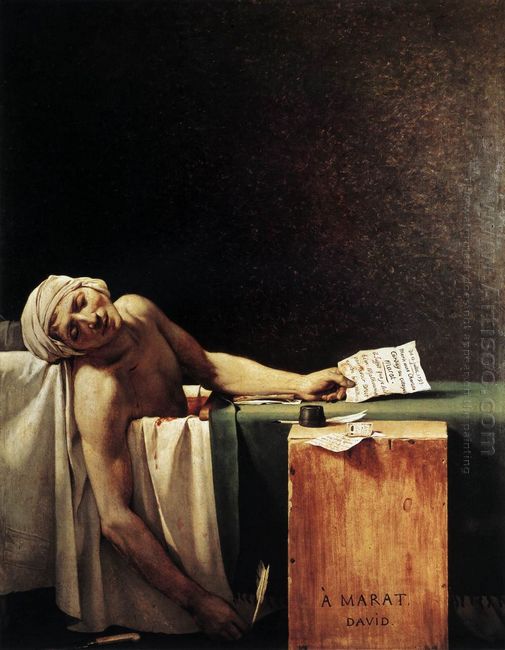From the late 18th century to the early 19th century, Neoclassicism replaced roman art and remained dominant ever since. During this time,France became the birthplace of western culture & art center and major genres of western modern art. Since some important painters were all in France, the development of art in France became the mainstream of European art.
Broadly speaking, classical art is characterized by ancient Greek and Roman art with a strong focus on respect and imitation. In the art history of European art, there had been several "revival" of ancient art movements. The first referred to Renaissance, and the second was specified as "classical" art that happened in France in 17th century and was featured by academic art and its artistic thought represented by Poussin. Neoclassical thought which was popular in France from the late 18th to the early 19th century is called neoclassicism.
Neo-classical painting is represented by Louis Dawit and Ingres.
Louis Dawit (1748 to 1825) is not only a distinguished French painter, but also a social activist of the French Revolution. Dawit was born in a middle-class family inParis. He had developed a strong interest in painting at an early age and then went to study Royal Academy of Arts.
Ingres (1780 to 1867) is a French classical academic painter as well as the student and follower of Dawit. Ingres was born in Montauban in 1780 and his father was an interior decorator. He once studied in Toulouse Academy of Arts and came toParisin 1797 to study in Davit's studio. Due to his diligent study, he had become an excellent painter when he was very young.



